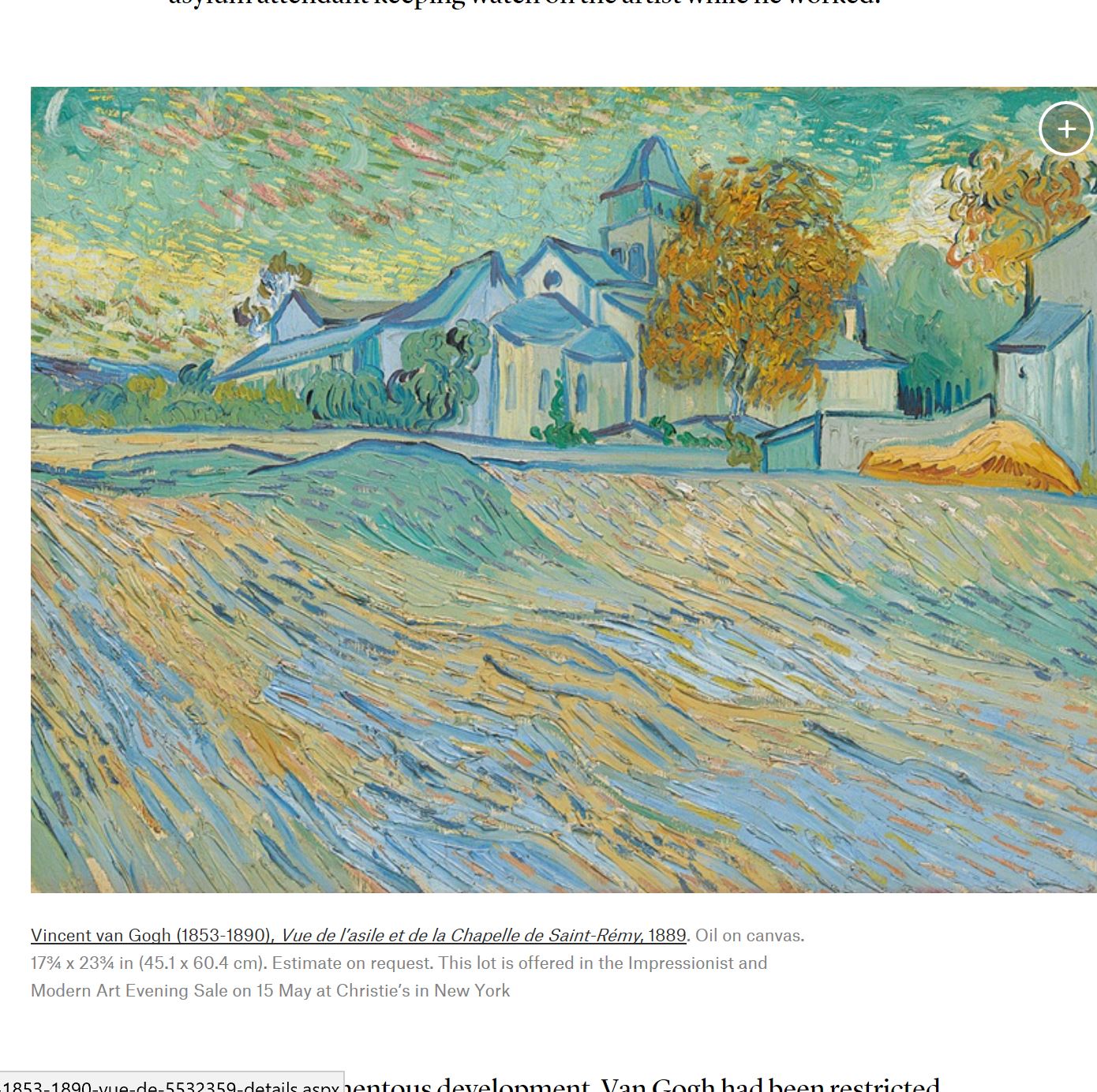Late Tuesday evening—the day after Memorial Day no less—the United States Office of the Solicitor General filed a brief amicus curiae in our clients’ pending case against the Federal Republic of Germany and the Stiftung Preussischer Kulturbesitz for restitution of the Guelph Treasure (in German, the Welfenschatz). This brief was in response to the Supreme Court’s invitation in January that the SG file a brief expressing the views of the United States. In an unprecedented abdication of 80 years of leadership redressing Nazi-looted art, the Solicitor General argued that there is no circumstance in which a Nazi-forced sale victimizing a German Jew in the 1930s could constitute a violation of international law such the Foreign Sovereign Immunities Act would confer jurisdiction over either Germany or the SPK. The U.S. government has taken the position that only property claims against non-Germans suffice—even though, of course, the U.S. government has acknowledged in every relevant context since the early 1940s that Jews ceased to be full members of German society on the day Hitler assumed power: January 30, 1933. This is an historic disgrace. Germany has rightly been shamed for minimizing in court over the last five years the genocidal character of its persecution against Jews, but for the United States to do so the day after we rightly honored the hundreds of thousands of Americans who died to defeat Nazi Germany is appalling.
U.S. Solicitor General’s Office Advocates Broad Impunity for Nazi Art Thefts
Topics: Monuments Men, Foreign Sovereign Immunities Act, Washington Conference on Holocaust Era Assets, Supreme Court, Holocaust Victims Redress Act, Stiftung Preussischer Kulturbesitz, Hermann Goering, FSIA, Monuments Fine Arts and Archives Program, Washington Principles, Federal Republic of Germany, Welfenschatz, Military Government Law 59, Holocaust Expropriated Art Recovery Act, HEAR Act, Wannsee Conference, D.C. Circuit, Military Government Law No. 59, london declaration
What About Margarethe Mauthner? Van Gogh Once Owned by Elizabeth Taylor Heads to Auction Again with Scant Mention of its Persecuted Former Owner
Since the passage in 2016 of the Holocaust Expropriated Art Recovery (HEAR) Act, many commenters (here included) have grappled with what the implications of the law will be on the scope and frequency of future claims. Even as litigants are faced with policy arguments about whether individual claims belong in U.S. courts—arguments that the HEAR Act should have put to rest—it is occasionally worthwhile to consider how prior cases would have been affected. Such analysis can draw into relief why the law was such a significant step forward. This week, news that a painting by Vincent Van Gogh once owned by Elizabeth Taylor will go to auction again provides one such example. A beautiful painting in the collection of the biggest movie star in the world makes for a great sales pitch, but missing in the coverage is any mention of Margarethe Mauthner, a German Jew who owned the painting before fleeing the Nazi regime. The exact circumstances under which she lost possession of the painting are unclear, but those circumstances might have had the chance to be determined had the HEAR Act been passed earlier. The importance of that opportunity is worth considering as the law is assessed going forward.
Topics: Margarethe Mauthner, Nazi-looted art, Van Gogh, Christie's, Holocaust Victims Redress Act, Sotheby's, Holocaust Expropriated Art Recovery Act, HEAR Act, A Tragic Fate, Vue de l'asile et de la Chapelle de Saint-Rémy, Alfred Wolf, Elizabeth Taylor, Paul Cassirer
Von Saher claim against Norton Simon Museum dismissed as preempted under foreign affairs doctrine.
Raising another hurdle to restitution claims, the U.S. District Court in Los Angeles against the Norton Simon Museum to the remnants of the famed Jacques Goudstikker collection, on the grounds that her case is preempted by the United States’ foreign affairs doctrine. In an unusually apologetic decision, the court ruled that regardless of the merits of her claims, the law of foreign affairs makes the dispute inappropriate for resolution by civil litigation.
Topics: Terezin Declaration, Norton Simon Museum, Hungary, Thyssen-Bornemisza Collection, Jacques Goudstikker, Cassirer, Hungarian National Gallery, George Stroganoff-Scherbatoff, Holocaust Victims Redress Act, Restitution, Marei Von Saher, World War II, Foreign Sovereign Immunities, Lucas Cranach the Elder, Rue St. Honoré, Camille Pissarro, Göring, Soviet Union, Washington Principles, California Code of Civil Procedure 354.3




